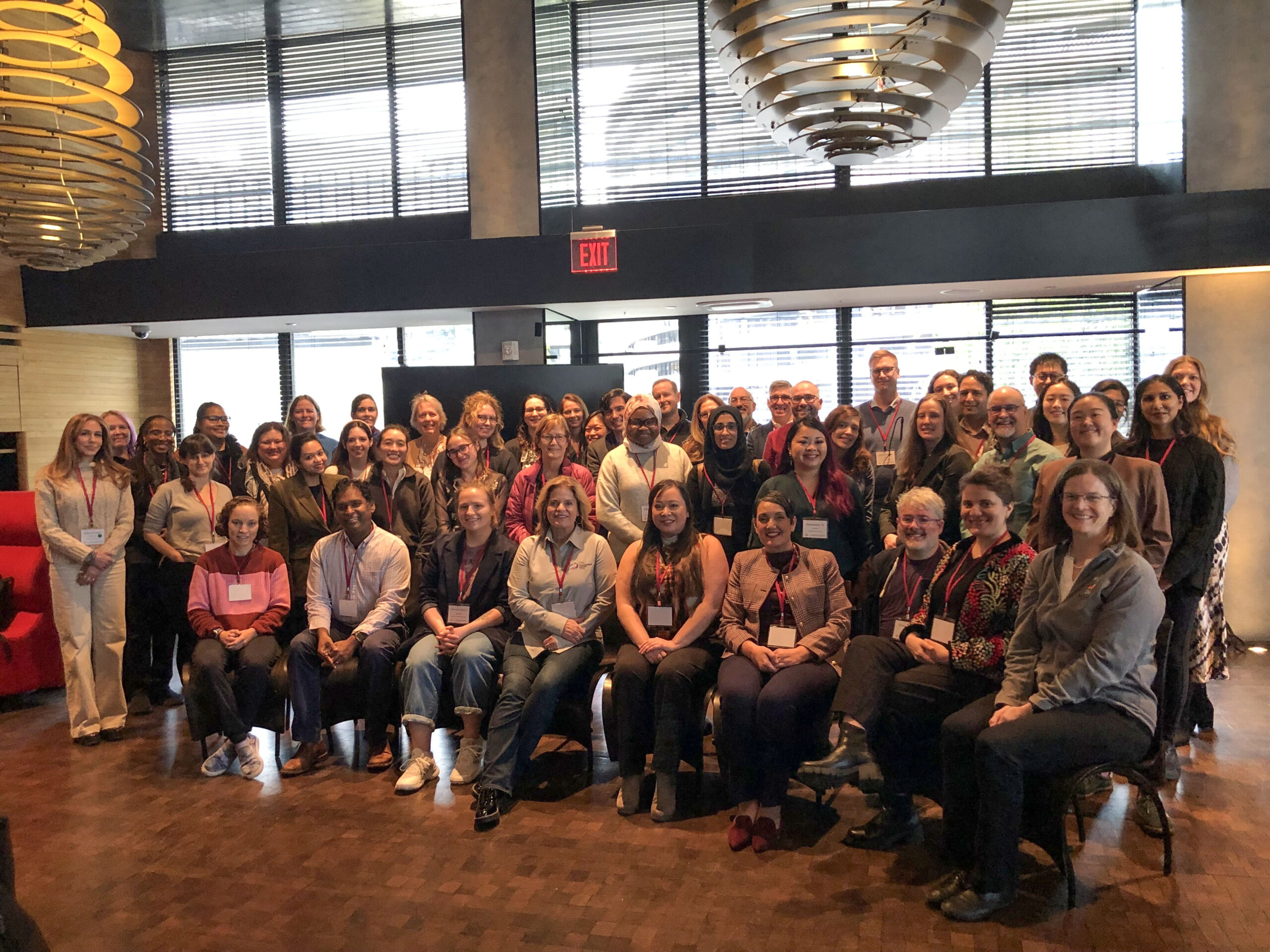Last week the CCC held a workshop on Supporting At-Risk Users Through Responsible Computing in Washington, DC. We brought together 49 experts from industry, academia, and civil society, to explore the specific challenges at-risk users face online, and how the research community can best support and protect these people.
The media often highlights certain groups of individuals who have a higher risk of experiencing technology-facilitated abuse than others, frequently publishing stories focusing on children and older adults. However, these groups only comprise a portion of at-risk online users. The organizers of this workshop strived to include researchers working with a broad range of at-risk populations to improve the understanding of at-risk groups. Attendees at the workshop included individuals working with refugees, veterans, individuals with PTSD, survivors of intimate partner abuse, neurodivergent people, individuals with physical and mental disabilities, LGBTQ+ users, BIPOC individuals, children, teenagers, older adults, chronically ill individuals, low-literacy individuals, and other historically-excluded groups.
On Day 1 of the workshop, researchers shared the methods, frameworks, and theories they employ while working with at-risk populations, and how these methodologies differ when working with disparate groups. Since many members of one at-risk population identify with or belong to additional at-risk groups, researchers also discussed how their approaches can be employed or modified to benefit individuals belonging to multiple at-risk groups. On Day 2, participants worked within those frameworks and identified short and long-term solutions to benefit at-risk users, as well as research areas to pursue.
The organizers are now hard at work drafting a report to synthesize the findings from the workshop. Stay tuned to hear how the computing community can enhance current efforts and pursue new research directions to protect vulnerable online populations.










